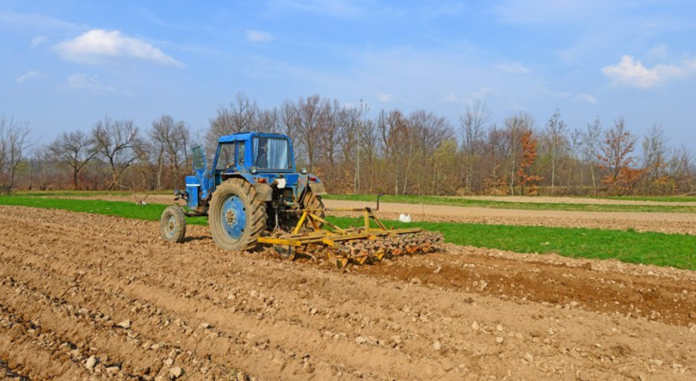Mulcher teeth are an essential additive located on mulching equipment used in land clearing, forestry, and flora control. Mulcher teeth’ primary feature is cutting, shredding, and pulverizing flowers into smaller pieces. They’re mulcher teeth hooked up onto a rotor or drum within the mulcher, which rotates at high speeds to make contact with vegetation. Properly maintained mulcher teeth contribute to efficient land control practices by facilitating powerful plant manipulation and enhancing soil fitness in agricultural, forestry, and environmental recovery tasks.
Mulcher teeth are vital additives in mulching devices, designed to cut through plants and facilitate land clearing and preservation tasks successfully. Through the years, these teeth can wear down because of steady use and exposure to difficult substances. Spotting the signs and symptoms that mulcher teeth want an alternative is critical for preserving gadget performance, reducing downtime, and averting potential harm.
Signs that Mulcher Teeth Need Replacement
This article delves into the important indicators that mulcher teeth are due for replacement, supplying insights into protection practices and ensuring top-quality functionality.
Reduced Cutting Efficiency
One of the primary symptoms that mulcher teeth want is a major decrease in cutting efficiency. First of all, a sharp and powerful tooth can also turn out to be dull over time, mainly when exposed to abrasive substances along with rocks or dense hardwood. As teeth lose its sharp edges, the mulcher may additionally struggle to cut through vegetation correctly, requiring greater passes or multiplied operator effort to acquire preferred consequences.
Increased Vibrations During Operation
Immoderate vibrations throughout the mulcher operation can indicate several issues, including worn or damaged teeth. When teeth emerge as worn down or broken, they can create an imbalance inside the rotor meeting, leading to elevated vibrations at some point in the mulcher. These vibrations now not only have an effect on operator consolation but also suggest potential damage to the mulcher’s bearings, shafts, and other vital components. Addressing worn teeth promptly can help save you further harm to the equipment and ensure smoother operation.
Visible Wear and Damage
Inspecting mulcher teeth often for wear and harm is vital in determining whether an alternative is essential. Symptoms of wear and tear encompass rounded or chipped edges, cracks in the carbide guidelines, or a sizable reduction in the tooth top as compared to new teeth. Additionally, teeth that show signs and symptoms of bending or deformation ought to be replaced directly to maintain mulcher performance and prevent further damage to the rotor and housing.
Increased Fuel Consumption
Mulcher teeth, which can be worn or dull, can notably affect gas performance. As teeth lose their cutting potential, the mulcher requires more power to achieve the same stage of productivity. This extended gasoline consumption not only adds to operational expenses but also indicates a reduced average efficiency of the mulching operation. Monitoring fuel usage and addressing any noticeable increase can help identify potential troubles with mulcher teeth and prompt timely replacement to repair their finest performance.
Difficulty in Mulching Hard Materials
Mulcher teeth, which are nearing the end of their lifespan, may also be unable to handle tougher substances consisting of thick hardwood or rocky terrain. While teeth are worn down, they lose their ability to reduce and shred dense vegetation effectively, and they might begin to skip over materials or leave large portions unprocessed. This trouble in mulching tough materials now not only slows down the general operation but also increases the use of different mulcher additives, requiring more frequent protection and probably costly maintenance.
Excessive Noise Levels
Unusual or excessive noise stages at some stage in mulcher operation can imply various issues, together with worn or broken teeth. As teeth wear down, they will produce grinding or scraping noises as they interact with flora and different debris. Additionally, a loose or damaged tooth can cause damn or clanking sounds within the mulcher housing, signaling potential issues that require inspection and an alternative. Addressing noise issues right away can help prevent further harm to the mulcher and ensure a safe and green operation.
Conclusion
Recognizing the symptoms that mulcher teeth want as an alternative is crucial for retaining system efficiency. With the aid of tracking slicing efficiency, vibrations, gasoline consumption, mulching overall performance, noise degrees, and mulch exceptional, operators can identify when mulcher teeth are nearing the end of their lifespan. Enforcing proactive preservation practices and directly replacing worn or damaged teeth can help enlarge the overall lifespan of the mulcher system, optimize productivity, and achieve better consequences in land control and forestry operations.










